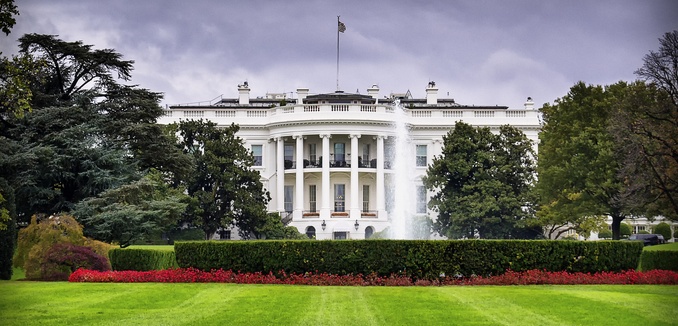The Obama administration’s reported plan to provide Iran with access to the U.S. dollar and American financial markets is meeting bipartisan opposition in Congress. U.S. lawmakers on both sides of the aisle are arguing that “the White House has backtracked on commitments made to Congress last summer to maintain financial pressure on Tehran,” The Wall Street Journal reported (Google link) Friday.
Democratic Whip Steny Hoyer (D-Md.) said in a statement Thursday that he would only be willing to consider giving Iran access to the U.S. financial system once it no longer finances terror or menaces Israel and other American allies. “I do not support granting Iran any new relief without a corresponding concession. We lose leverage otherwise, and Iran receives something for free,” Hoyer argued.
Rep. Brad Sherman (D-Calif.) also expressed his opposition, saying, “I believe this will set bad precedent, and it will not be the last time the Iranians and/or their business partners receive additional relief not contemplated” under the nuclear deal reached in July. Rep. Peter Roskam (R-Ill.) similarly wrote in The Wall Street Journal on Thursday, “The IRGC [Islamic Revolutionary Guard Corps] is a business empire…It represents around one-sixth of the country’s gross domestic product, controls hundreds of companies and dominates vast sectors of the economy…It’s impossible to do business in Iran without dealing with the IRGC.” The move to let Iran tap into the U.S. financial market comes after the Islamic Republic complained about U.S. sanctions.
The administration appears to have reversed its previous position that Iran would never be given access to the U.S. financial system. Adam Szubin, the Treasury Department’s point man on sanctions, said in a congressional hearing in September that “no Iranian banks can access the U.S. financial system; not to open an account, not to purchase a security, and not even to execute a dollarized transaction where a split second’s worth of business is done in a New York clearing bank.” Sanctions expert Mark Dubowitz of the Foundation for Defense of Democracies (FDD) called the proposed move to give Iran access to dollars “a bait and switch which ignores a long-standing administration commitment not to greenlight Iran’s access to the greenback.” Rep. Sherman stated, “[Such] relief runs counter to testimony to Congress by U.S. officials.”
Experts have cautioned that such a move jeopardizes the U.S. sanctions regime in place against Iran. The Associated Press reported Dubowitz warning, “If they [the administration] permit this, it is the end of U.S. sanctions on Iran.” He explained in an FDD policy brief co-written by policy analyst Annie Fixler, that Iran has a record of engaging in illicit financial activities. Because of this, the U.S. Treasury in 2008 banned U.S. “institutions from processing ‘U-turns’ – temporary dollar transactions between non-U.S. banks and Iranian banks.” In 2011, the Treasury Department found that under the U.S. Patriot Act that “Iran’s entire financial sector is a jurisdiction of primary money laundering concern.” The Financial Action Task Force, a global anti-terrorism financing body, also warned that Iran’s “failure to address the risk of terrorist financing” poses a “serious threat… to the integrity of the international financial system.” Dubowitz, along with Annie Fixler, concluded in their brief that “the next president’s ability to target Iran’s malign activities with non-nuclear sanctions will be much more difficult if billions of dollarized transactions are green lighted. The next administration won’t easily be able to reverse this once it is in motion.”
[Photo: Diego Camblaso / Flickr ]




